Hyundai expands Hydrogen Leadership with new Initium FCEV Concept
Hyundai Motor Co. has introduced its latest hydrogen fuel cell electric vehicle (FCEV) concept, named Initium, signaling a major leap forward in its hydrogen mobility strategy. The new model, revealed at the Clearly Committed event held at Hyundai Motor Studio Goyang near Seoul, is expected to debut in production form in the first half of 2025. Serving as the successor to the Hyundai Nexo, the Initium aims to deliver over 650 kilometers of driving range and up to 150 kW in motor output. The crossover also incorporates a redesigned, spacious interior suited for family use and includes features like large hydrogen tanks and an FCEV-specific route planner to address range and refueling challenges. Products related to hydrogen energy systems and production usually require KGS certification in order to be approved for import and sale in Korea.
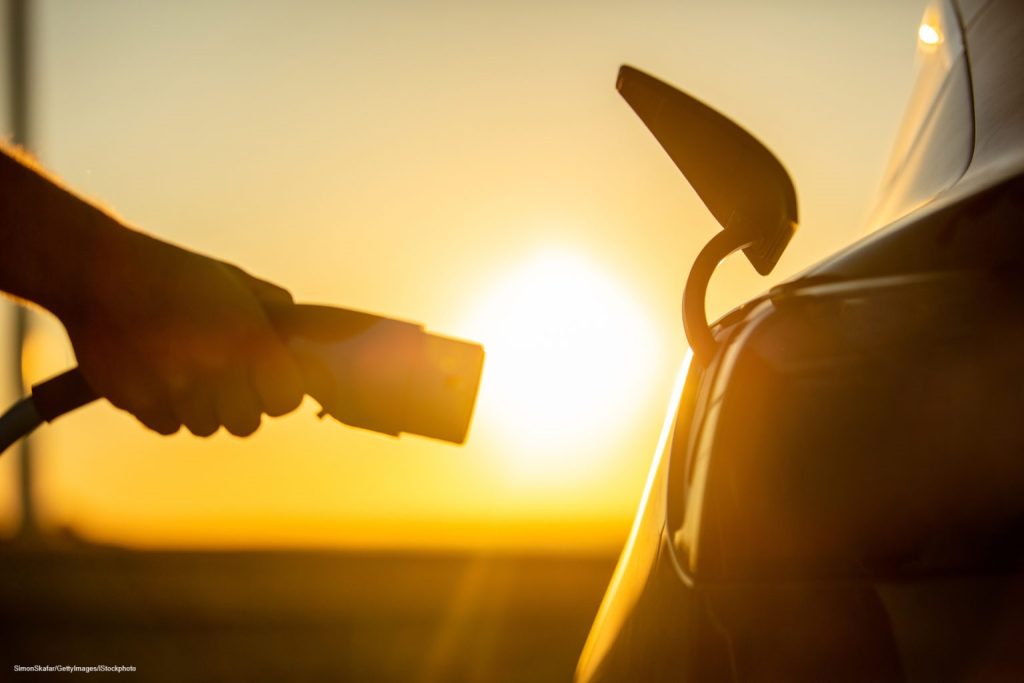
According to Hyundai, the Initium reflects nearly three decades of the company’s investment in hydrogen technology, beginning with its first hydrogen vehicle in 2000 and continuing through the launch of the mass-produced Tucson ix Fuel Cell in 2013 and the Nexo in 2018. The new concept will be showcased globally at both the Los Angeles Auto Show and Auto Guangzhou in November. The company emphasized that the Latin name “Initium” represents a new beginning in Hyundai’s vision of a sustainable hydrogen society. Hyundai also announced its recent acquisition of the fuel cell business from Hyundai Mobis to further accelerate hydrogen development. Collaboration with industry peer Toyota is also underway, as both companies aim to strengthen their leadership in hydrogen-powered mobility.
Feel free to contact us any time if you need assistance or have any questions regarding Korean certifications like KC, KC EMC, KCs, KCs for explosion safety products or KGS factory registration.
Tel. Europe: +49-69-271 37 69 259
Tel. US: +1 773 654-2673
Email: info@korea-certification.com
For more information you can download our free brochure “Korea Certification Made Easy – The Booklet“.
Hyosung validates Hydrogen Generator Performance in Harsh Weather Conditions
Hyosung Heavy Industries has confirmed the year-round operational reliability of its 1MW hydrogen engine generator, following successful performance trials under extreme cold and heat. The unit, first installed at the Yongyeon plant of Hyosung Chemical in Ulsan in April last year, completed 1,400 hours of continuous operation during winter and had previously demonstrated consistent performance during high summer temperatures. It is the first commercialized hydrogen engine generator of its kind worldwide. Hydrogen systems related products usually require KGS factory registration in order to be approved for import and sale in Korea.
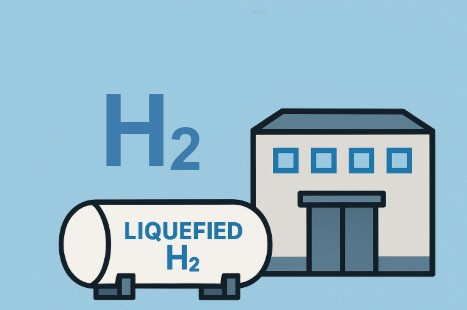
In addition to passing extreme weather trials, the generator has cleared safety reviews by the Korea Gas Safety Corporation and the Korea Electrical Safety Corporation, receiving authorization for commercial operation. Designed to operate solely on hydrogen, the system produces zero carbon emissions and offers flexible operation to complement intermittent renewable sources such as solar and wind. While most global competitors remain in testing stages, Hyosung is the only manufacturer to have completed real-world validation. The company aims to further develop its hydrogen combustion technology to strengthen its position in the eco-friendly energy market.
Feel free to contact us any time if you need assistance or have any questions regarding Korean certifications like KC, KC EMC, KCs, KCs for explosion safety products or KGS factory registration.
Tel. Europe: +49-69-271 37 69 259
Tel. US: +1 773 654-2673
Email: info@korea-certification.com
For more information you can download our free brochure “Korea Certification Made Easy – The Booklet“.
JD.com Launches Korean Logistics Hubs – KCs Certification Required for Equipment
JD.com, one of China’s leading e-commerce giants, has established its own logistics centers in South Korea for the first time. With facilities located in Incheon and Icheon, the company will now offer third-party logistics and same-day delivery services to business clients in Seoul and parts of Gyeonggi Province. The Icheon center specializes in pet-related products, while the Incheon hub serves as an integrated logistics base for global consumer brands and Korean beauty product exporters. In tandem, JD.com has signed last-mile delivery agreements with major Korean logistics firms CJ Logistics and Lotte Global Logistics, signaling a potential shift from a B2B model to full-scale direct-to-consumer retail operations in South Korea. A lot of logistic center equipment like lifts, robots, conveyor belts, etc. usually require KCs certification in order to be approved for import and sale in Korea.
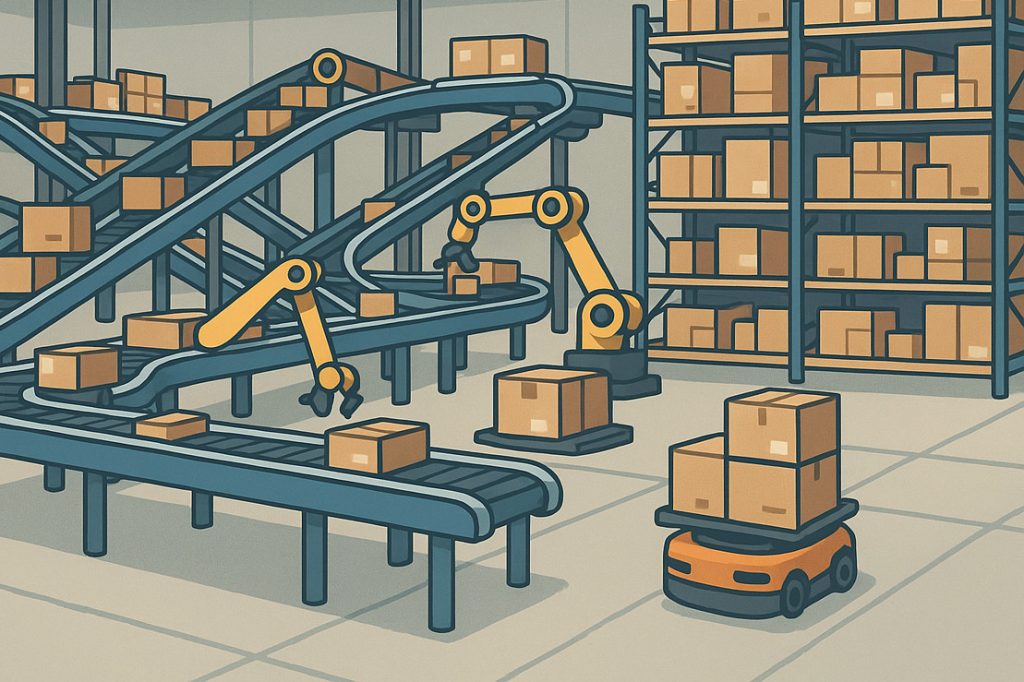
This marks the first instance of a major Chinese online retailer independently operating logistics infrastructure in Korea—a strategic move interpreted as a full-fledged entry into the Korean market. JD.com’s expansion comes amid rapid growth by Chinese platforms like AliExpress and Temu, who have been attracting Korean consumers through ultra-low pricing and aggressive marketing. According to Seoul-based app market analytics firm WiseApp, AliExpress’s transaction value in Korea nearly tripled from 2022 to 2024, while Temu’s surged almost twentyfold within a single year. JD.com’s arrival is expected to intensify the ongoing “C-commerce” wave, which is reshaping the Korean e-commerce landscape. Facing slowing domestic growth, JD.com and its Chinese peers such as Alibaba and PDD Holdings are accelerating their global expansion, with Korea seen as a key market.
Feel free to contact us any time if you need assistance or have any questions regarding Korean certifications like KC, KC EMC, KCs, KCs for explosion safety products or KGS factory registration.
Tel. Europe: +49-69-271 37 69 259
Tel. US: +1 773 654-2673
Email: info@korea-certification.com
For more information you can download our free brochure “Korea Certification Made Easy – The Booklet“.
Hyundai Expands Hydrogen Strategy with New Ulsan Fuel Cell Plant
Hyundai Motor Co. has announced plans to construct a next-generation hydrogen fuel cell plant within its existing automotive complex in Ulsan, approximately 300 kilometers south of Seoul. The decision, made in coordination with its labor union, is part of the company’s broader strategy to consolidate its hydrogen fuel cell operations and accelerate the development of a comprehensive hydrogen energy value chain. Mass production at the new facility is scheduled to begin in 2028. Once operational, the plant will become the world’s second-largest hydrogen fuel cell manufacturing site, following Hyundai’s HTWO Guangzhou plant in China. Fuel cell systems from the Chungju facility, formerly operated by Hyundai Mobis, are currently used to manufacture the NEXO hydrogen fuel cell vehicle in Ulsan. Certain equipment incolved in fuel cell production like pressure vessel and hydrogen systems in general usually require KGS certification in order to be approved for import and sale in South Korea.
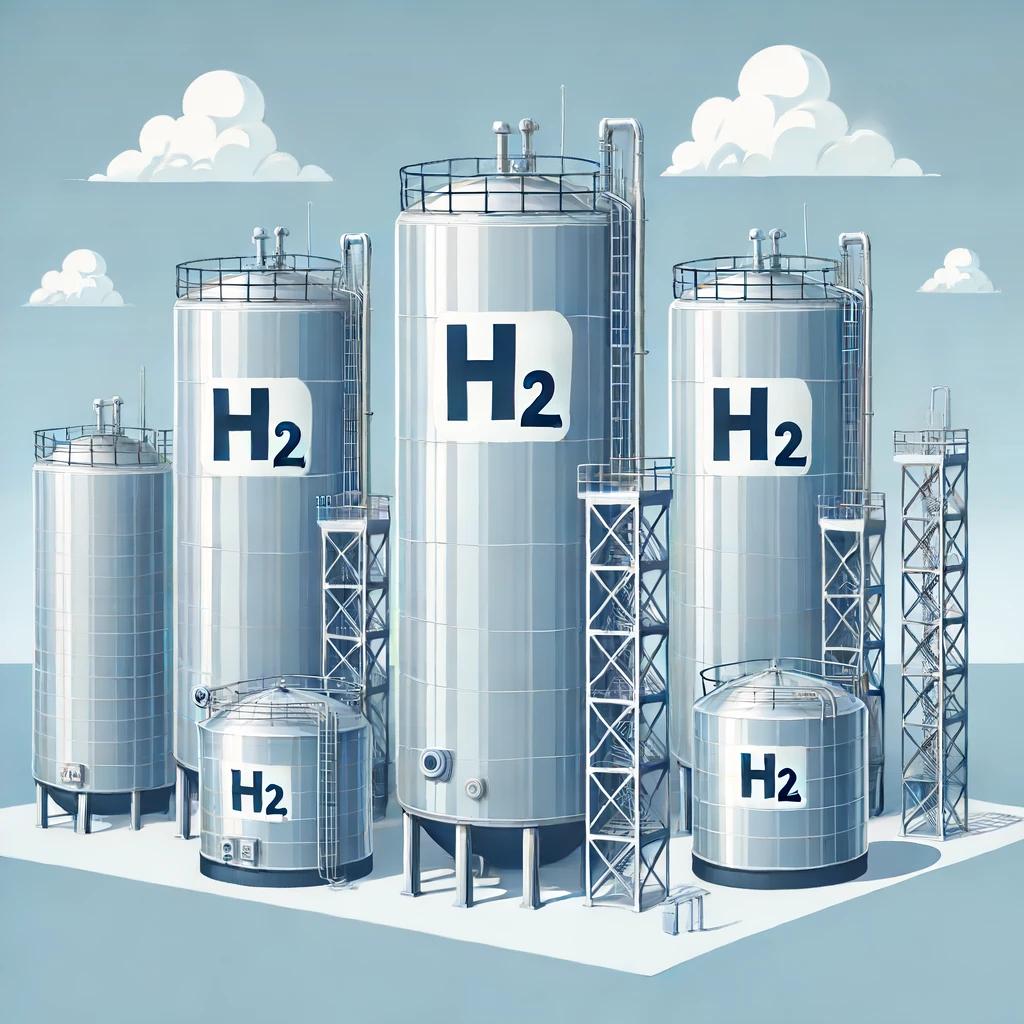
This expansion reflects Hyundai Motor’s commitment to scaling up hydrogen infrastructure beyond automotive applications. Under the HTWO brand, the company aims to cover the entire hydrogen ecosystem, from production to consumption, and presented this ambition at CES 2024. Hyundai has set a goal to increase its annual hydrogen usage to 3 million tons by 2035. A recent visit by Hyundai executives to Japan signals an effort to establish cross-border hydrogen cooperation. The firm is also preparing to diversify its hydrogen-related business portfolio, pending shareholder approval. Despite weak global demand for hydrogen energy, Hyundai remains one of the leading hydrogen FCEV producers alongside Toyota, and it plans to launch the INITIUM model in the first half of this year as a successor to the NEXO.
Feel free to contact us any time if you need assistance or have any questions regarding Korean certifications like KC, KC EMC, KCs, KCs for explosion safety products or KGS factory registration.
Tel. Europe: +49-69-271 37 69 259
Tel. US: +1 773 654-2673
Email: info@korea-certification.com
For more information you can download our free brochure “Korea Certification Made Easy – The Booklet“.
POSCO Future M launches Domestic Production of Spherical Graphite
POSCO Future M, a prominent South Korean manufacturer of battery materials, has announced plans to produce spherical graphite domestically in a significant shift aimed at reducing reliance on Chinese imports. The company will establish a new subsidiary, provisionally named Carbon New Materials Co., to oversee the production process. This strategic move is supported by an investment of around 400 billion won (over $275 million), recently approved by the board, though the final plant location has yet to be confirmed. This initiative marks the first major localization effort in Korea for the production of spherical graphite, which is currently sourced exclusively from China. POSCO Future M aims to integrate this material into its anode production at the Sejong plant, reinforcing control over a key stage in the battery manufacturing chain.
Production equipment, as used in the production of battery anode materials, often requires KCs certification in order to be approved for import and sale in Korea.
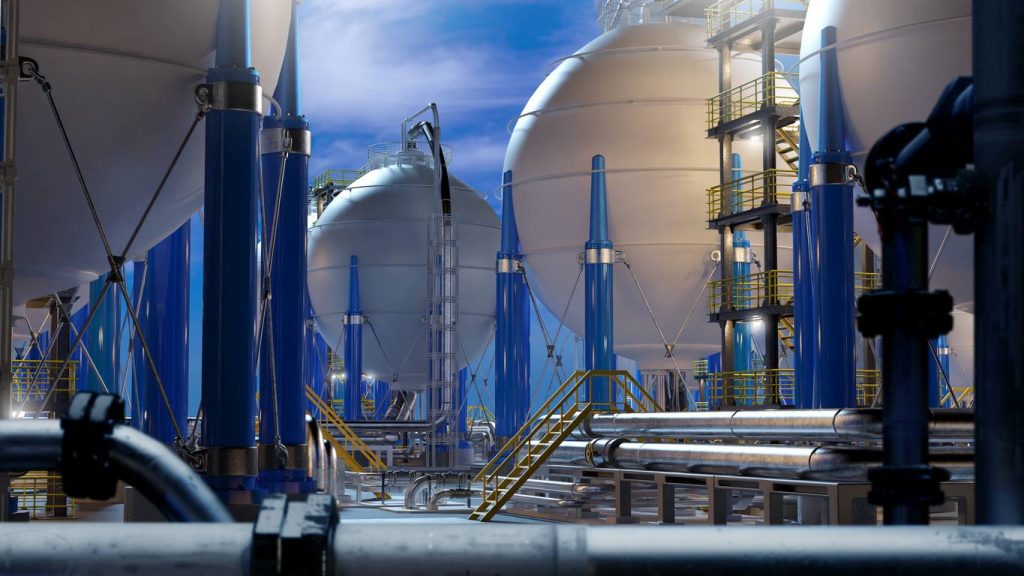
The company’s move comes amid heightened concerns over supply security due to potential Chinese export restrictions and geopolitical instability. POSCO Future M’s domestic production strategy not only aims to secure its supply chain but also aligns with efforts to qualify for U.S. Inflation Reduction Act (IRA) incentives.
Feel free to contact us any time if you need assistance or have any questions regarding Korean certifications like KC, KC EMC, KCs, KCs for explosion safety products or KGS factory registration.
Tel. Europe: +49-69-271 37 69 259
Tel. US: +1 773 654-2673
Email: info@korea-certification.com
For more information you can download our free brochure “Korea Certification Made Easy – The Booklet“.
Samsung Edges ahead in Washer-Dryer Energy Test against Competition
Samsung Electronics is intensifying competition in the South Korean household appliance market with innovations in all-in-one washer-dryers.. Since both companies launched their latest models last year, energy consumption has become a key differentiator. The Korea Consumer Agency’s recent evaluation revealed that Samsung’s Bespoke AI Combo (WD25DB8995BB) uses approximately 1,160Wh per cycle—23% less than LG’s Tromm Objet Collection Wash Combo (FH25EAE), which consumes 1,432Wh. Samsung also demonstrated quicker operation, completing wash and dry cycles up to 30 minutes faster than LG. In standalone modes, Samsung maintained its advantage in both energy use and time savings. Home appliances usually require KC Safety certification in order to be approved for import and sale in Korea.
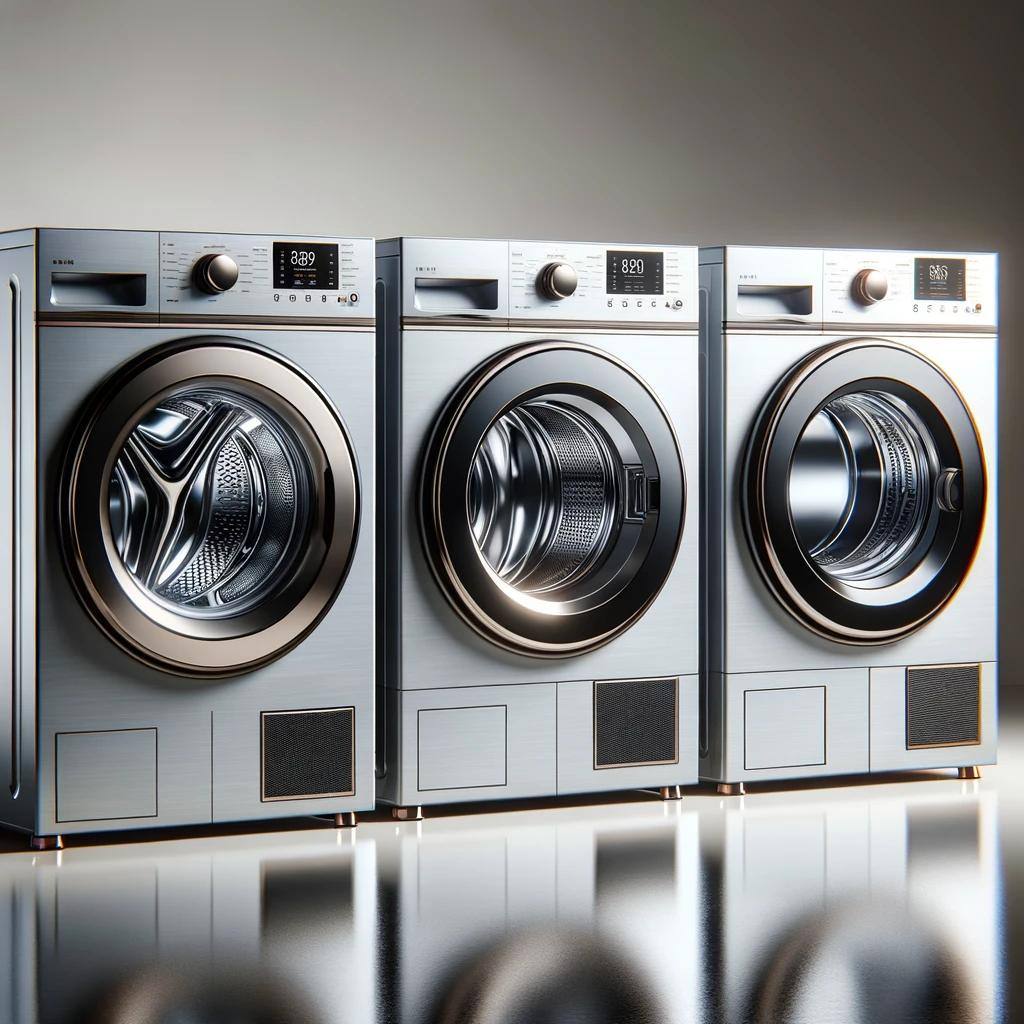
However, LG’s model showed superior performance in water efficiency, using 83 liters per cycle compared to Samsung’s 106 liters in the one-stop mode. This could appeal to environmentally conscious consumers focused on water conservation. As two of the nation’s leading electronics giants, Samsung and LG’s ongoing rivalry continues to shape consumer expectations, with energy efficiency, performance, and technological innovation becoming critical decision-making factors. The Korea Consumer Agency’s authoritative evaluations are playing a pivotal role in influencing public perception and driving product advancements.
Feel free to contact us any time if you need assistance or have any questions regarding Korean certifications like KC, KC EMC, KCs, KCs for explosion safety products or KGS factory registration.
Tel. Europe: +49-69-271 37 69 259
Tel. US: +1 773 654-2673
Email: info@korea-certification.com
For more information you can download our free brochure “Korea Certification Made Easy – The Booklet“.
Hyundai expands Hydrogen Bus Presence with over 1,000 Units Sold in Korea
Hyundai Motor Company has surpassed 1,000 units in cumulative sales of its hydrogen-powered electric bus, the Elec City FCEV, marking a major achievement in the advancement of eco-friendly urban transit. Introduced in 2019 as the first hydrogen urban bus globally, the Elec City FCEV embodies Hyundai’s extensive hydrogen R&D, initiated in 1998. Outfitted with a 180kW fuel cell system, 875-liter hydrogen tank, and a 78.4kWh high-output battery, the bus is designed for high-demand environments, achieving a range of up to 550 kilometers. The environmental benefits are considerable, with each unit potentially reducing CO₂ emissions by 72 tons annually. Hydrogen drive related components and equipment usually require KGS certification in order to be approved for import and sale in Korea.
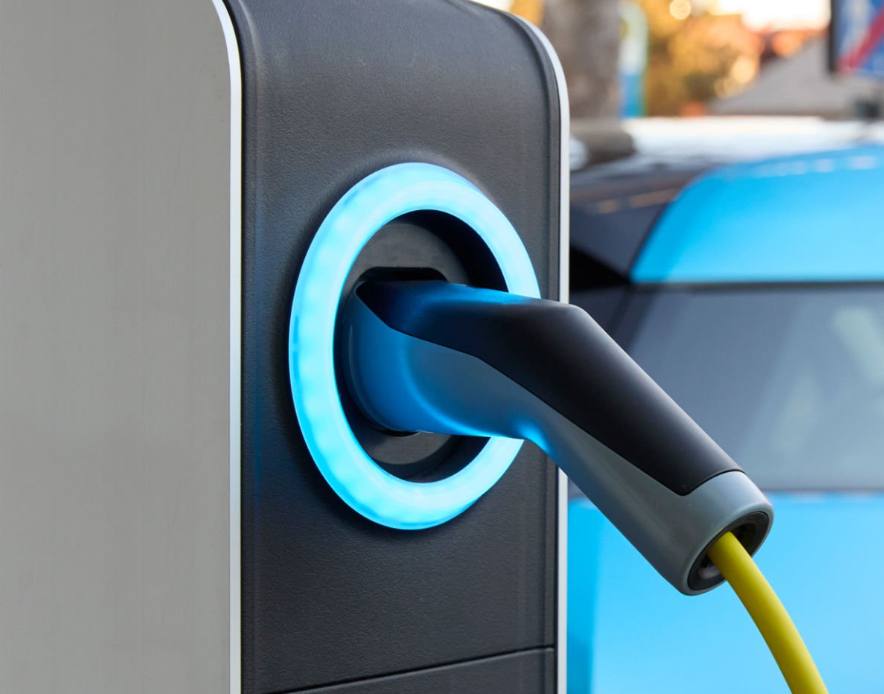
To celebrate this milestone, Hyundai hosted an appreciation event on October 4 in Hwaseong, attended by stakeholders from regional transport associations and Hyundai’s Namyang Technology Research Institute. In a further push to scale hydrogen public transit, Hyundai signed an MoU with KD Transport Group earlier this year, targeting the conversion of 1,000 buses in the Seoul area by 2027. The company has also expanded its hydrogen vehicle line with the high-speed Universe FCEV and supports adoption efforts through incentives such as free repair parts valued at 40 million won per bus.
Feel free to contact us any time if you need assistance or have any questions regarding Korean certifications like KC, KC EMC, KCs, KCs for explosion safety products or KGS factory registration.
Tel. Europe: +49-69-271 37 69 259
Tel. US: +1 773 654-2673
Email: info@korea-certification.com
For more information you can download our free brochure “Korea Certification Made Easy – The Booklet“.
South Korea to launch Liquefied Hydrogen Inspection Center, Trial Operations slated for first Half 2025
South Korea is preparing to open its first dedicated inspection and certification center for liquefied hydrogen, with trial operations scheduled to begin in the first half of this year. Located in Eumseong, North Chungcheong Province, the facility aims to play a central role in ensuring the safe adoption and commercialization of liquefied hydrogen technology nationwide. Pressure vessels, safety valves and similar products used in conjunction with hydrogen systems generally require KGS factory approval in order to be approved for import and distribution in Korea.

The Liquefied Hydrogen Inspection Support Center, overseen by the Korea Gas Safety Corporation (KGS), was structurally completed in February 2025. Final preparations are now underway to install advanced testing infrastructure designed to evaluate the safety and performance of liquefied hydrogen containers and related components under extreme cryogenic conditions.
According to KGS Hydrogen Safety Policy Director Kim Hong-chul, once equipment installation is finalized, a series of trial runs will begin to verify system stability. The center is expected to transition into full operation later this year, with a formal opening ceremony planned around November.
Spanning over 8,000 square meters of land and offering nearly 2,000 square meters of indoor space, the center is backed by a KRW 33.2 billion (roughly USD 24 million) investment. It will house 23 categories of testing and certification equipment, totaling 27 individual devices. Among them are systems for vacuum insulation testing of hydrogen storage tanks and cryogenic functional testing of critical valve types such as safety valves and emergency shut-off valves.
The facility represents a significant milestone for Korea’s hydrogen infrastructure. As liquefied hydrogen must be stored at –253°C in a highly flammable liquid state, maintaining robust insulation and ensuring material resilience are essential. The center will support these needs by conducting key safety evaluations such as normal evaporation rate (NER) analysis and helium leak detection.
Beyond compliance testing, the center is also expected to function as a research and development hub for cryogenic technology. Mechanical testing equipment for impact and tensile strength assessments at cryogenic temperatures will support domestic manufacturers in advancing their hydrogen-related products.
Once fully operational, the Liquefied Hydrogen Inspection Support Center is set to enhance Korea’s regulatory framework, support innovation in cryogenic engineering, and accelerate the safe expansion of the nation’s hydrogen economy.
Feel free to contact us any time if you need assistance or have any questions regarding Korean certifications like KC, KC EMC, KCs, KCs for explosion safety products or KGS factory registration.
Tel. Europe: +49-69-271 37 69 259
Tel. US: +1 773 654-2673
Email: info@korea-certification.com
For more information you can download our free brochure “Korea Certification Made Easy – The Booklet“.
Hyundai and Kolon partner to advance Hydrogen Components for Future Mobility
Kolon Group and Hyundai Motor Co. have formed a strategic alliance to accelerate the development of hydrogen-based energy technologies, particularly components like pressure vessels. Through this collaboration, Hyundai has invested 20 billion won in Kolon Spaceworks, a subsidiary specializing in hydrogen mobility and composite materials. Kolon Spaceworks recently achieved international certification for a 54-liter hydrogen fuel tank, which strengthens its position in the high-pressure container market. This milestone allows the company to compete globally by validating its production capabilities. Certain components which are used for Hydrogen based energy technology, such as pressure vessels usually require KGS factory registration in order to be approved for import and sale in Korea.
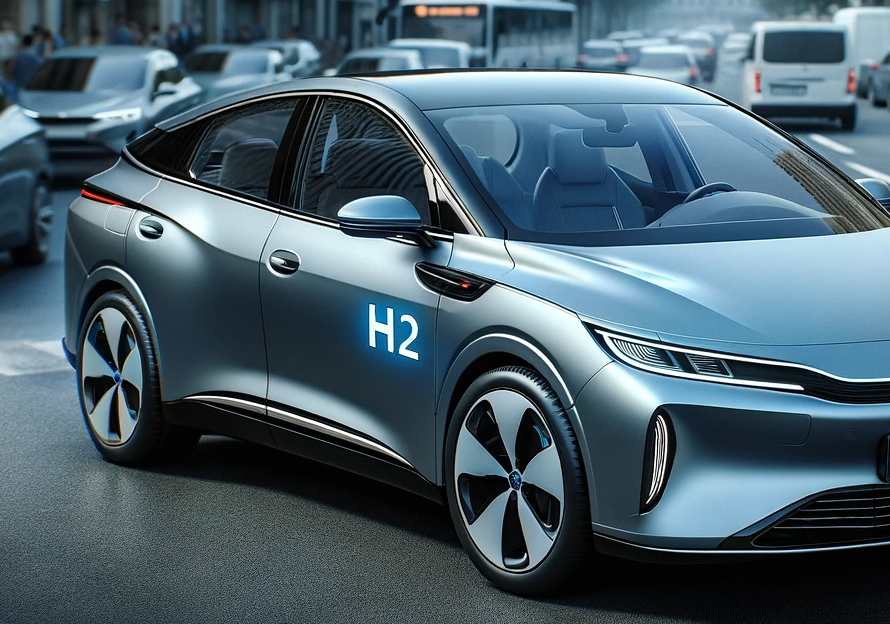
Hyundai Motor Group’s participation includes the purchase of over 1 million new shares in Kolon Spaceworks, split between Hyundai and Kia at 12 billion and 8 billion won, respectively. The collaboration aims to leverage Kolon’s expertise in durable, heat-resistant materials—originally developed for aerospace and defense—for use in automotive applications such as hydrogen storage and battery protection. These developments support South Korea’s broader hydrogen economy initiative and reflect Hyundai’s significant commitment to sustainable transportation, including a domestic investment of 24.3 trillion won in technologies like electrification and hydrogen systems.
Feel free to contact us any time if you need assistance or have any questions regarding Korean certifications like KC, KC EMC, KCs, KCs for explosion safety products or KGS factory registration.
Tel. Europe: +49-69-271 37 69 259
Tel. US: +1 773 654-2673
Email: info@korea-certification.com
For more information you can download our free brochure “Korea Certification Made Easy – The Booklet“.
Joint SAF Plant Construction to Strengthen Korea’s Petrochemical Capabilities
South Korea’s four leading oil refining companies—SK Innovation Co., GS Caltex Corp., S-Oil Corp., and HD Hyundai Oilbank Co.—are planning to jointly construct a sustainable aviation fuel (SAF) plant at one of the country’s four major petrochemical industrial complexes. The project will be carried out and operated by a newly established special purpose company. According to industry sources, the proposed locations include Ulsan (South Gyeongsang Province), Yeosu (South Jeolla Province), and Seosan and Daesan (both in South Chungcheong Province). The South Korean government is currently reviewing the possibility of providing subsidies and tax incentives to support the initiative. Pressure vessels and pressure equipment used in petrochemical complexes usually require KGS certification in order to be approved for import and sale in Korea.
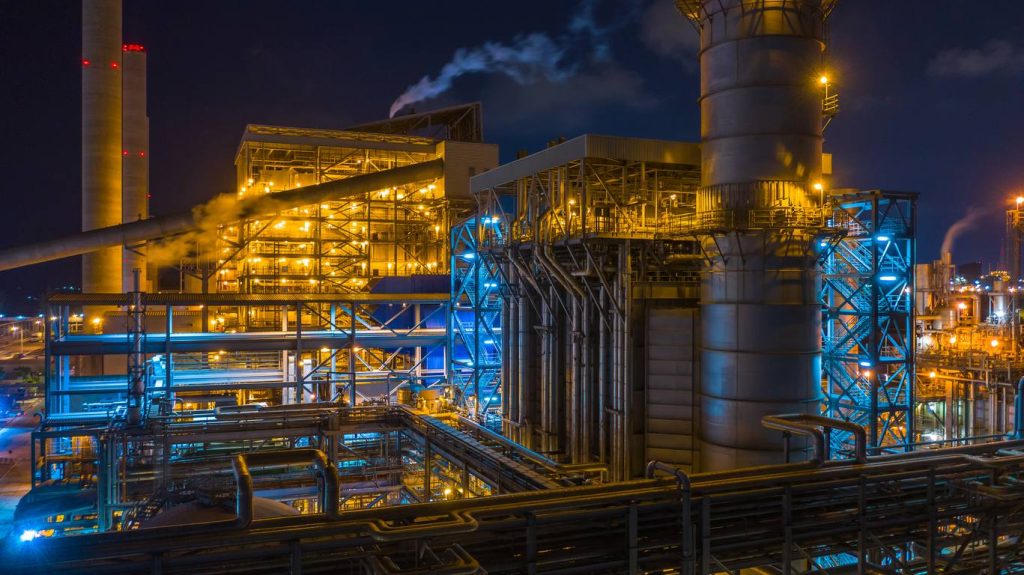
The planned SAF facility is expected to cost over 1 trillion won (approximately USD 700 million) based on a processing capacity of 250,000 tons. While current SAF yields among the participating refiners remain below 10%, the new facility is projected to convert 60–80% of bio-based feedstock into sustainable aviation fuel. With the exception of SK Innovation—which in 2023 completed the country’s first dedicated SAF production line and became the first Korean company to export SAF to Europe—this will be the first such facility for the other refiners. The investment comes in response to growing international regulations, including the EU’s requirement for 2% SAF by 2025 and 70% by 2050. South Korea plans to mandate a 1% SAF blend starting in 2027.
Feel free to contact us any time if you need assistance or have any questions regarding Korean certifications like KC, KC EMC, KCs, KCs for explosion safety products or KGS factory registration.
Tel. Europe: +49-69-271 37 69 259
Tel. US: +1 773 654-2673
Email: info@korea-certification.com
For more information you can download our free brochure “Korea Certification Made Easy – The Booklet“.



